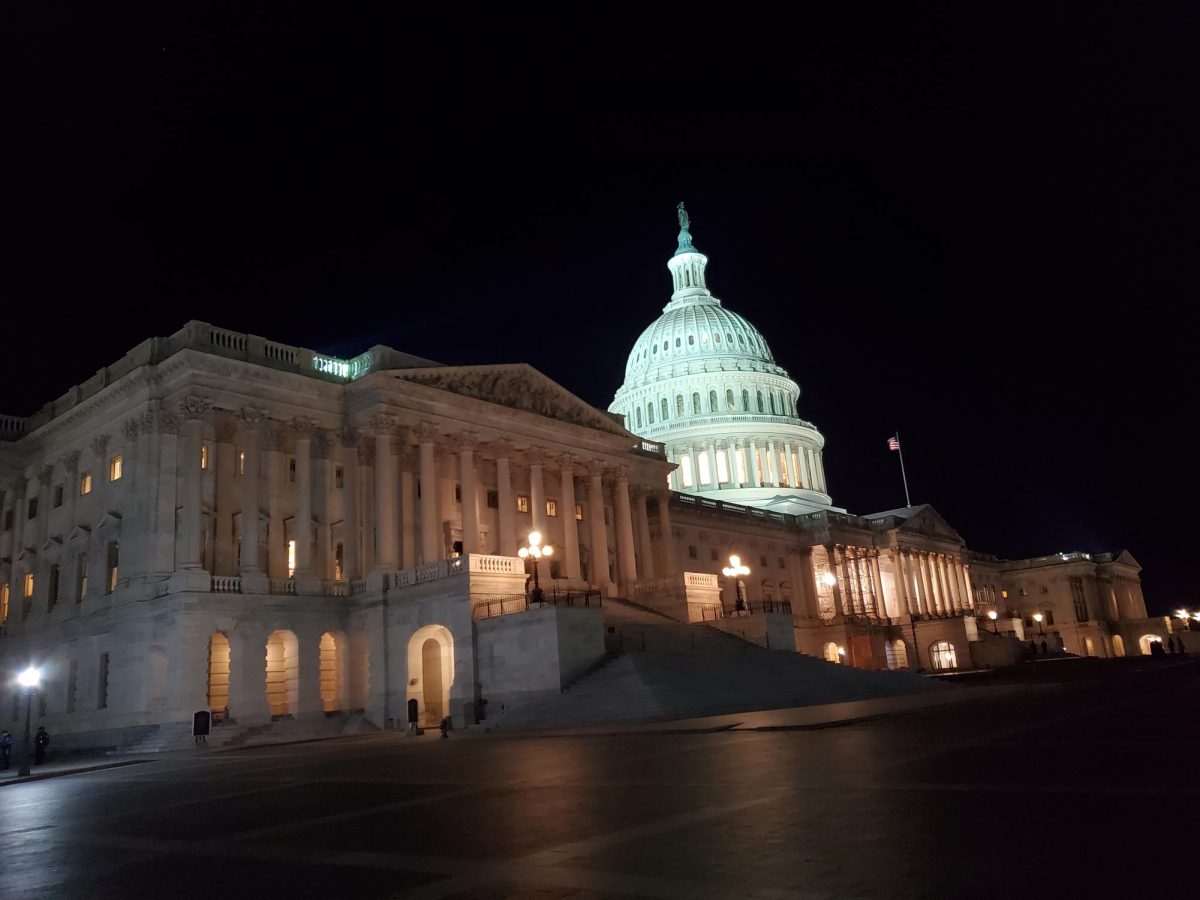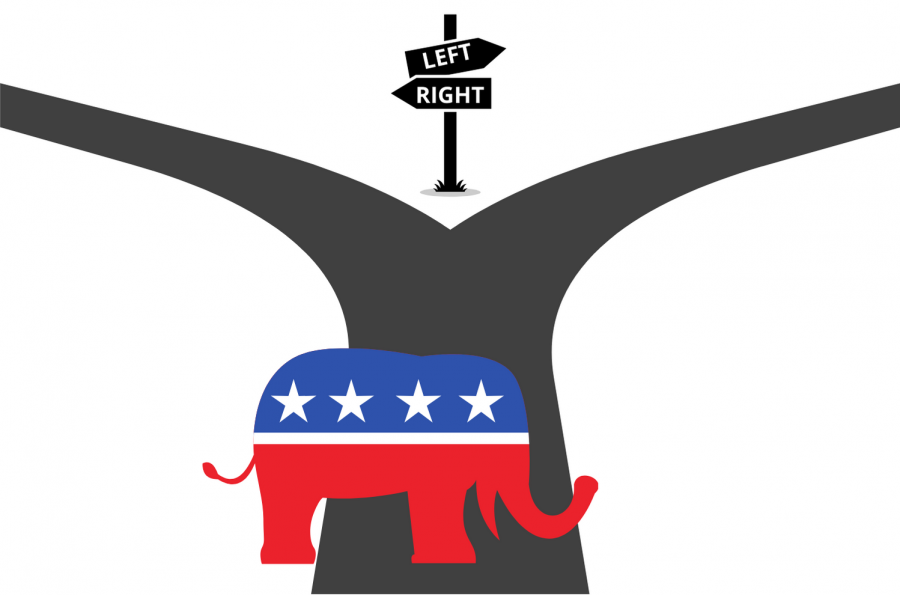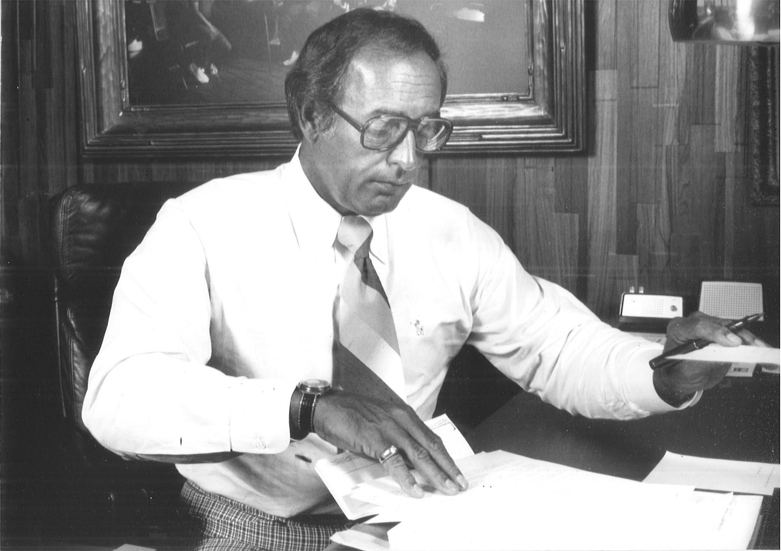After two weeks of protest, the Chicago Teachers Union voted Tuesday to halt the teachers’ strike in the third-largest school district in the United States.
On Wednesday morning, approximately 350,000 students flooded back into the district schools, after missing about a week’s worth of classes. The vote by the delegates of the Chicago Teachers Union to suspend the strike was a sign of majority satisfaction with the end deal struck by the negotiators for the union and the Chicago Public Schools.
Karen Lewis, the president of the union, pointed out the importance of reaching an agreement between the two parties with the clock ticking, second by second. “We said that it was time — that we couldn’t solve all the problems of the world with one contract, and that it was time to suspend the strike,” she exclaimed.
The end terms of the contract included an annual raise for the Chicago teachers in the district, longer school days and a teacher evaluation based on student test scores, which will help determine which teachers get rehired after layoffs. Also, laid-off teachers with solid ratings would be guided by the school system into at least half of any new job openings in the schools.
However, concerns remain despite the closing of the contract. Like the $75 million that would be added on to the $665 million deficit for this year as a result of the agreements. The established contract offers an average teacher in Chicago over 17 percent increase in raises over the following four years — with higher levels of experience and additional degrees, the increase could be higher.
But with no established agenda in place to tackle the increasing deficit, inside sources have hinted that in order to uphold the school’s end of the contract, dozens of neighborhood public schools may be closed in order to pay out the agreed cost to the teachers.
Mayor Rahm Emanuel waved off the questions regarding financing the contract and the growing deficit during an interview Wednesday, instead praising the largely successful negotiations and pointing out the strengthened relations between the union and the public schools.
“This settlement is an honest compromise,” Emanuel stated during a news conference. “It means returning our schools to their primary purpose: the education of our children. It means a new day and a new direction for Chicago Public Schools.”
With teacher evaluations partially being based on test scores for the first time in 40 years, many hope that Chicago’s below average academic ratings will improve. With gang violence, poverty and decreasing enrollment in public schools threatening the Chicago public school system, it comes as no surprise that immediate action needed to be taken.
Maura Robbins, a parent of two children attending the district schools, addressed her hope for a better academic environment. “I’m hopeful that parents and teachers and administrators can now focus on the kids’ learning,” she said.






